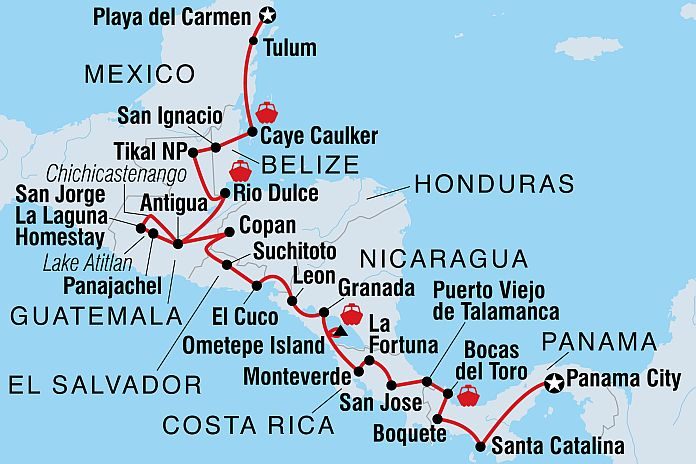GUATEMALA CITY, (CentralAmericaData) – Conveying solid arguments to highlight the importance of the product or service, offering goods with long-term guarantees and being considered essential, are part of the strategies that could increase companies’ sales in the new commercial reality.
The changes in people’s habits that emerged in the context of the mobility restrictions imposed by the pandemic accelerated the transformation of Central American markets and completely changed the way consumers behave.
Companies are in the process of understanding the new habits, interests, preferences and emotional drivers that explain consumers’ purchasing decisions.
With the decline in economic activity, most business leaders feel that consumers have less money in their pockets. However, there are other factors that may contradict this hypothesis, such as household savings from working at home, lower gas consumption and lower expenses from activities outside the home.
These behaviours, which were induced by home quarantines in the last three months, transformed the mental patterns of the population since now the consumer does need to ensure that he or she is not making a purchase in vain.
Juan Bernardez, White Rabbit‘s chief strategist, explained to Nacion.com that “… the trap is in giving the consumer arguments, but not just any arguments to buy the product, but the ones they need to hear. For example, a consumer is looking for a drill to make repairs at home now that they’ re spending more time there. They probably don’t care how many revolutions per minute that device generates, but what its life span is and how many uses it can have at home.”
The emotional guide known as “future stability“, who is responsible for a consumer wanting assurance that the product will last, has gained a presence among people in this new business environment.
It is estimated that before the health crisis, 40 percent of the population between 18 and 49 years old was guided by this guide, while in the current commercial reality, it is estimated that this proportion has risen to about 57 percent.
The article reviews that “… An example is that the population does not need to eat so much outside, but it does need to have food resolved for several days of the week. Another example is in the automotive sector, where the distributors offer the possibility of buying the vehicle now and start paying in 2021. The peace of mind that comes from knowing that there are a few months without charging for the car, makes people feel somehow safe when making the purchase.“





